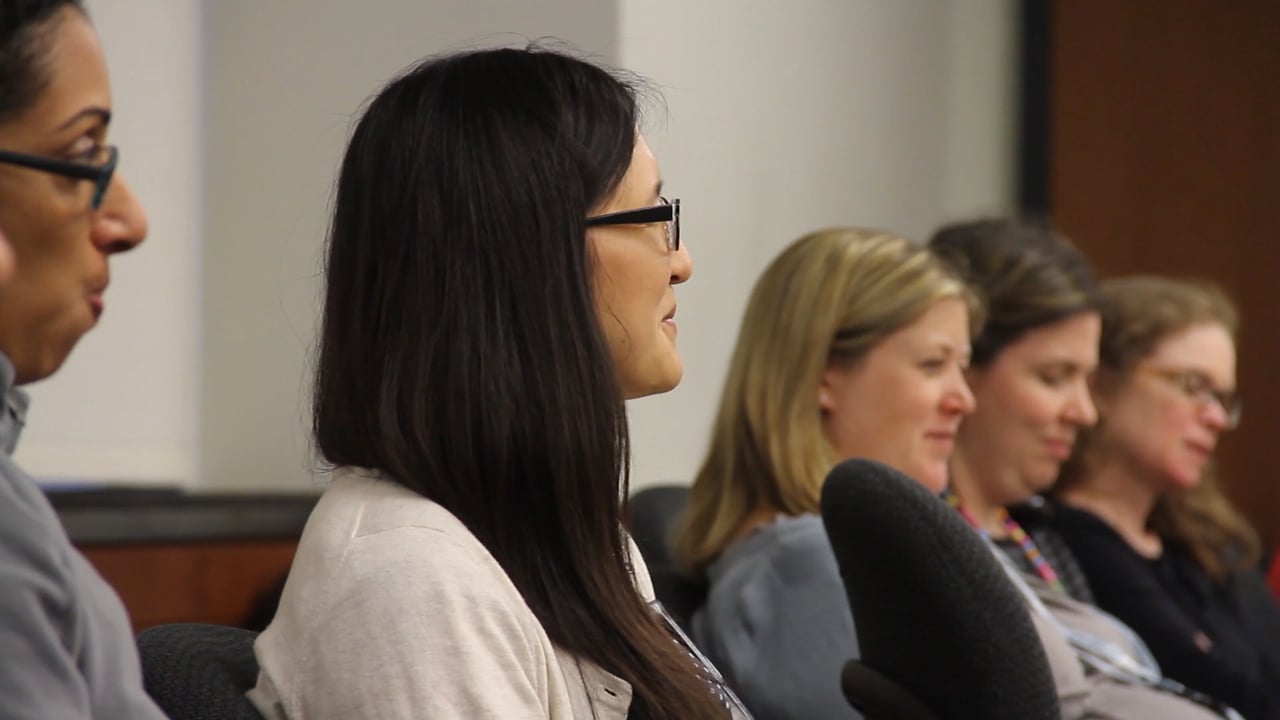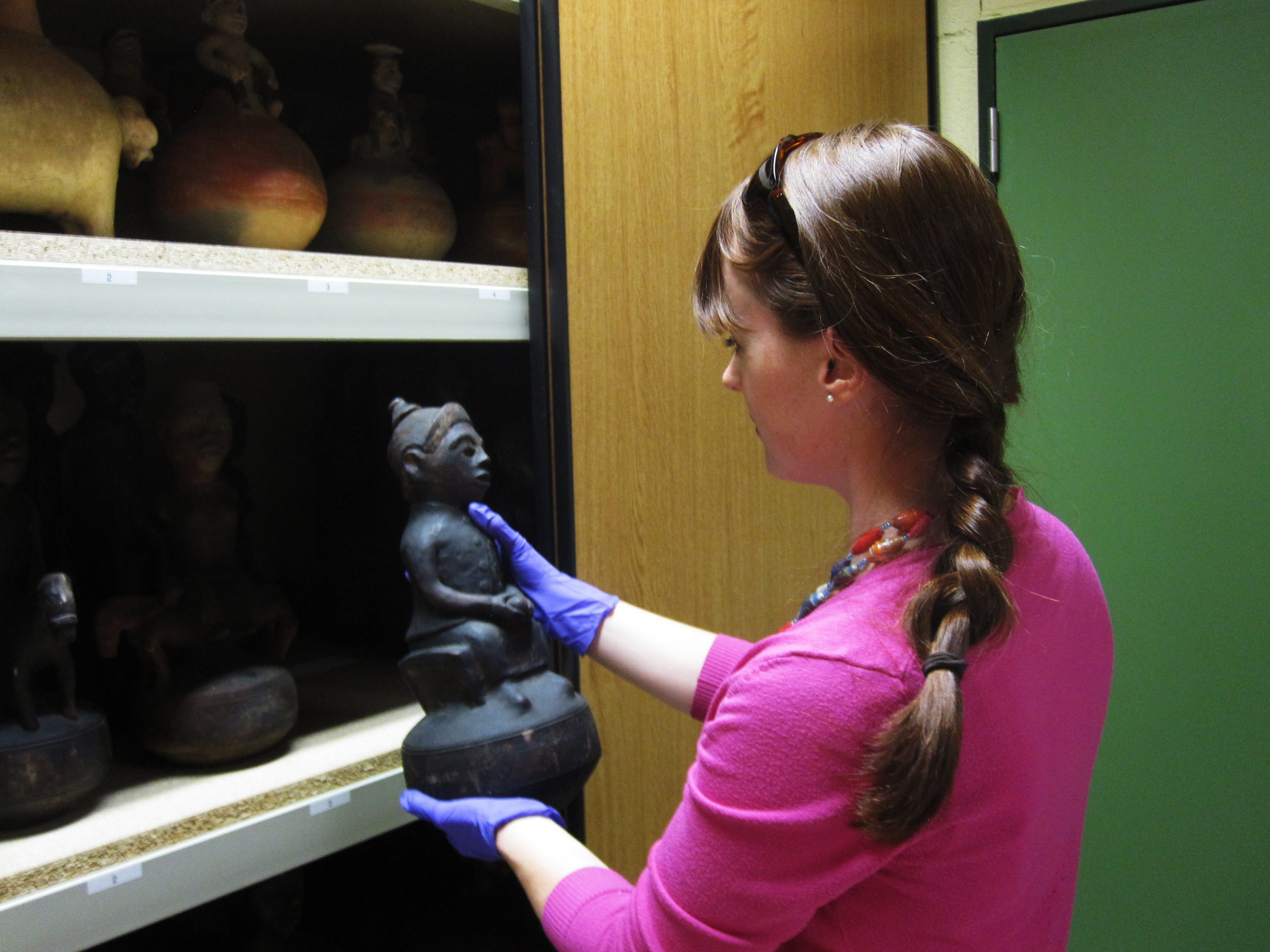Proving Innocence: Lessons from The Wilmington Ten
In 1971, as civil rights battles raged across the South, 10 young men and women fought for fair treatment within Wilmington, North Carolina’s newly desegregated schools. UNC historian Kenneth Janken shares their story in his new book, “The Wilmington Ten: Violence, Injustice, and the Rise of Black Politics in the 1970s.”
Neeta Vora
Neeta Vora is a medical doctor and assistant professor of maternal-fetal medicine in the Department of Obstetrics and Gynecology within the UNC School of Medicine. Her research focuses on the role of fetal factors in the initiation of spontaneous preterm birth. She is a member of UNC’s Caregivers at Carolina program, which supports young doctors who see patients and also conduct research.
A Caregiving Community at Carolina
A new program funded by the Doris Duke Charitable Foundation strives to create better work-life balance for UNC physician scientists who have extreme caregiving needs at home.
Sequencing the Sea
Marine scientists at UNC are taking a new approach to figuring out why and how microalgae blooms occur in the Neuse River Estuary.
Hendrée Jones
Hendrée Jones is the executive director of UNC Horizons, a professor of obstetrics and gynecology in the UNC School of Medicine, and an adjunct professor in the UNC College of Arts & Sciences Department of Psychology and Neuroscience. She is an internationally recognized expert in the development and examination of both behavioral and pharmacologic treatments for at-risk pregnant women and their children.
Brittney Luc-Harkey
Brittney Luc-Harkey is a doctoral candidate in the Human Movement Science Curriculum in the Department of Allied Health Sciences in the UNC School of Medicine. She works in the Sports Medicine Research Lab, and her research focuses on developing non-surgical interventions that decrease disability and improve long-term outcomes in individuals with joint injury and disease.
One Giant Leap in the Dark
We can’t know how a transformative experience — like walking on the moon — will change us until we make that first small step. UNC philosopher L.A. Paul explains.
The China Health & Nutrition Survey
This pioneering survey from the UNC Carolina Population Center has identified the "nutrition transition" in China now seen throughout industrialized countries.
This Is Your World on Drugs
Hendrée Jones, director of UNC Horizons, works tirelessly every day to help mothers and children struggling with substance use disorders. In the past five years, her work has expanded beyond Chapel Hill to places like Afghanistan, Brazil, and India.
Adrienne Bonar
Junior Adrienne Bonar is an undergraduate research assistant at the Carolina Affective Science Lab who is double-majoring in psychology and women’s and gender studies. Her research focuses on how people’s body states and knowledge about emotions shape their emotional experiences.
Colors of Colonial Congo
Belgium’s control of the Congo in the early 20th century had a profound impact on native artists. Carlee Forbes, a UNC art history researcher, is looking for clues to better understand how and why.
Jesalyn Bolduc
Jesalyn Bolduc is a postdoctoral researcher in the Department of Basic and Translational Research at the Thurston Arthritis Research Center. Her research focuses on the processes in the body that are responsible for aging, as well as aging associated diseases such as osteoarthritis.














